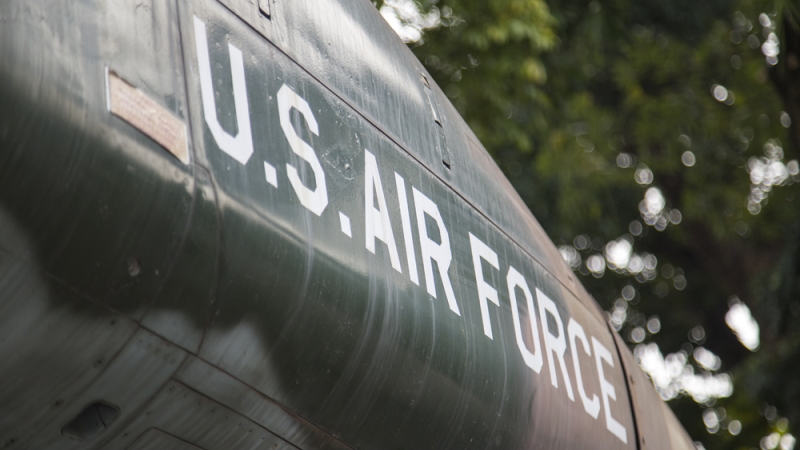
The U.S. Air Force’s Roland R. Wright Air National Guard Base in Utah is set to deactivate its tactical air control party (TACP) squadron and replace it with two new units focused on cyber operations.
The service, in a press release last week, announced that the Utah base was designated as the preferred location for the new Air National Guard cyber operations squadrons, which are expected to reach full operational capability by spring 2030.
The Air Force will establish the new cyber units by reallocating personnel from the 109th Air Control Squadron, which is being inactivated as part of a budget-mandated reduction in TACP and Control and Reporting Center missions.
TACPs are elite units within the service that embed with Army or Marine Corps ground forces to coordinate airpower in combat.
The move to scale back these missions comes as the Department of Defense (DOD) – which the Trump administration has rebranded as the Department of War – shifts away from post-9/11 operational models used in the Middle East and refocuses on preparing for potential conflict in the Indo-Pacific.
A provision in the fiscal year 2025 defense budget directed the Air National Guard to cut 50% of its TACP and control and reporting center missions, part of a broader effort to strengthen cyber capabilities and better position U.S. forces against emerging threats.
Air Force officials said the realignment supports “a growing focus on cybersecurity and aligns with the Interim National Defense Strategy.”
The Utah Air National Guard is expected to convert the reassigned manpower into cyber mission support roles. The state will gain 12 full-time personnel positions but lose 52 part-time authorizations under the reorganization.
